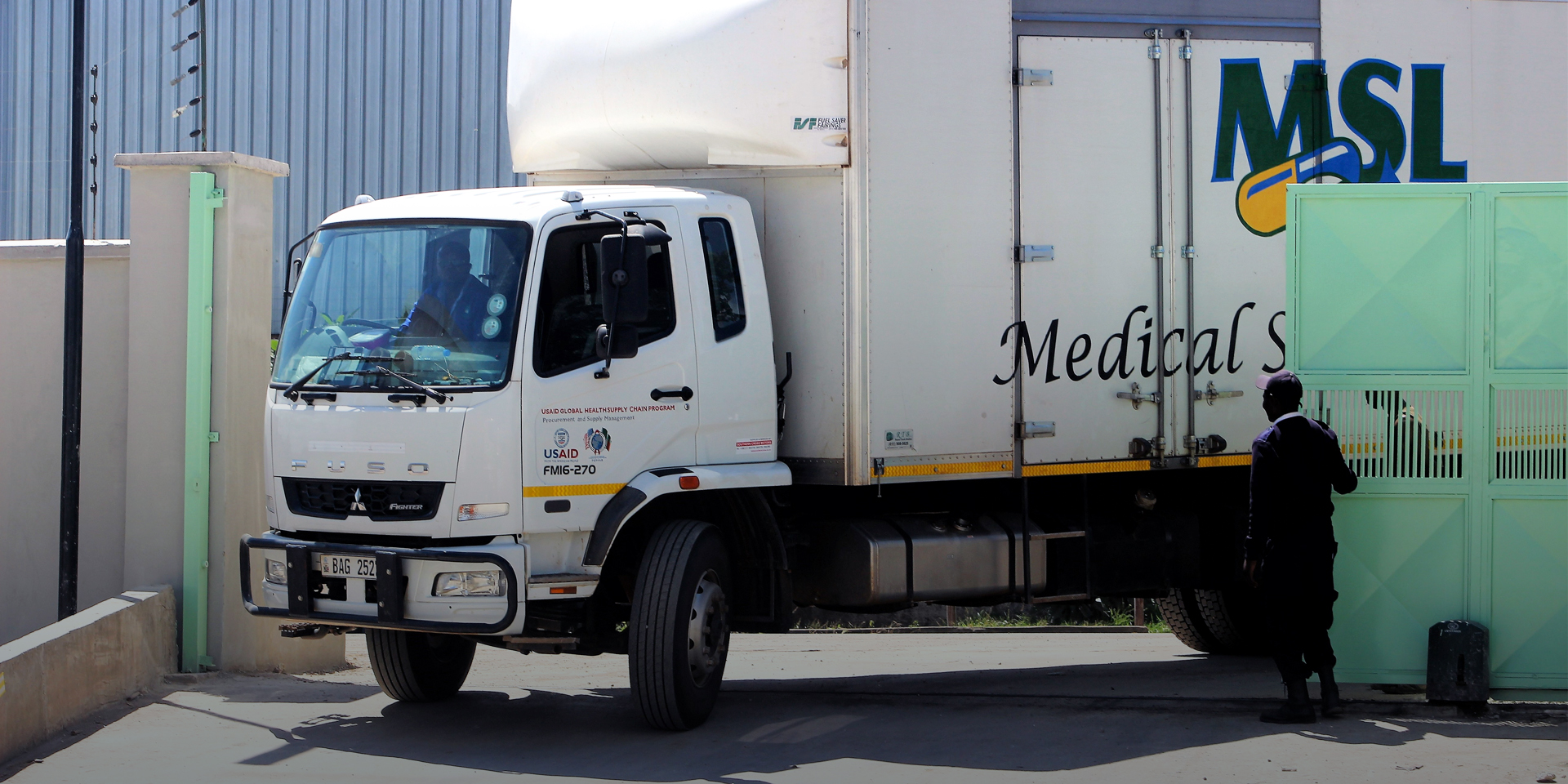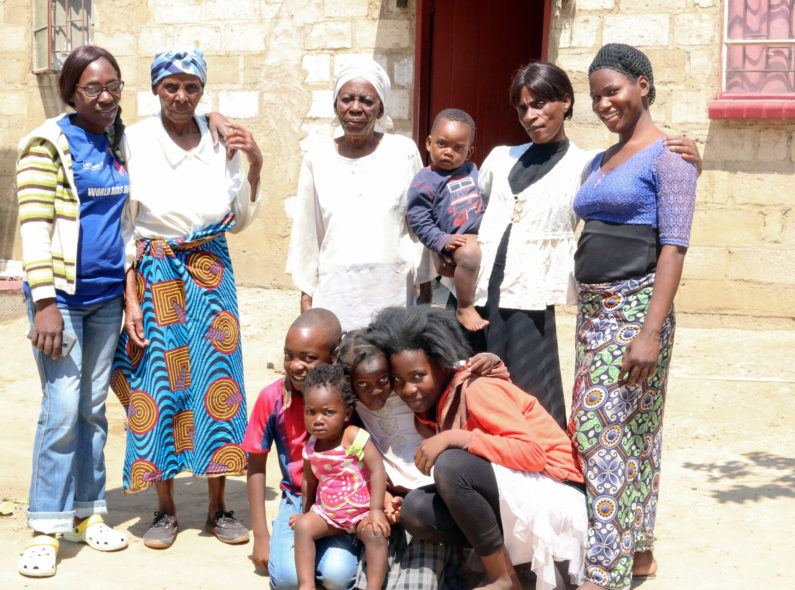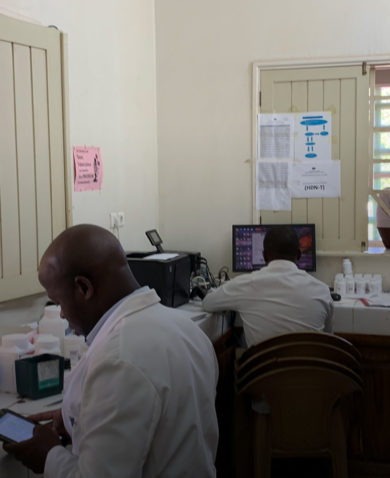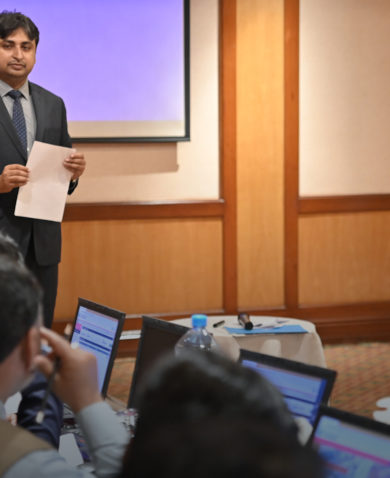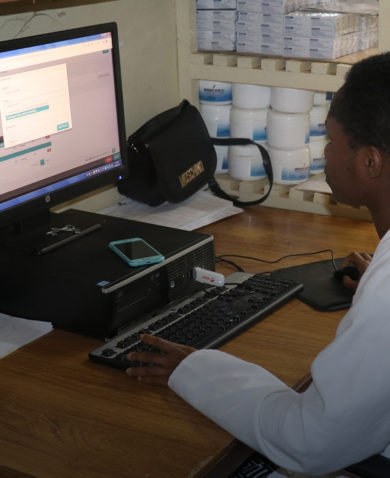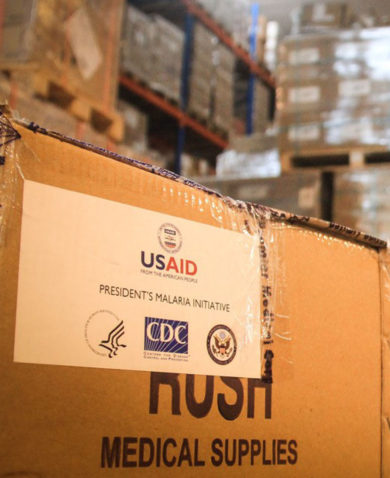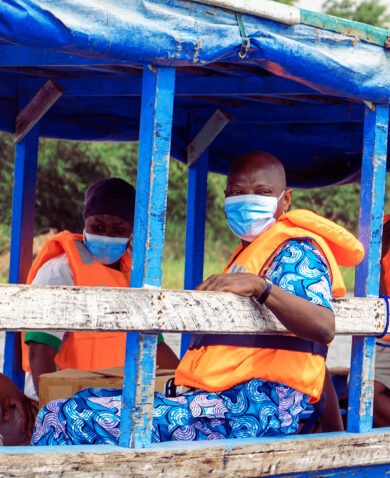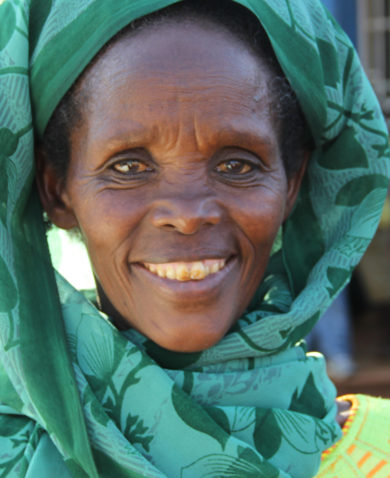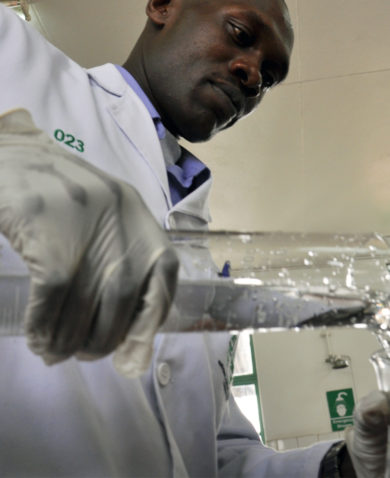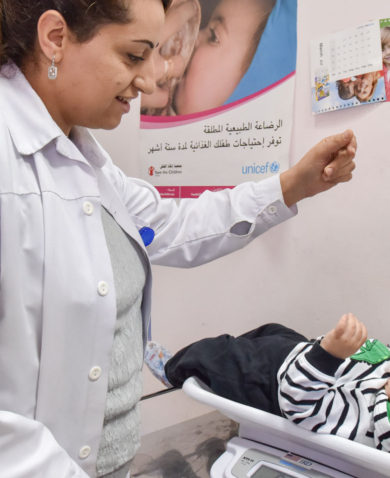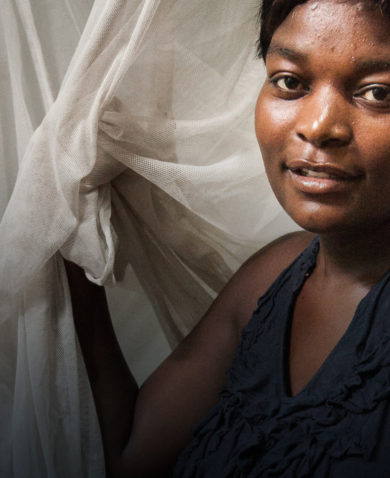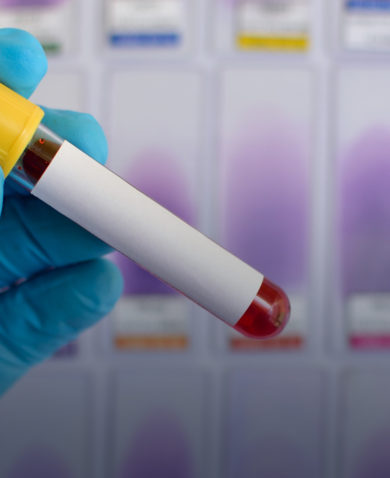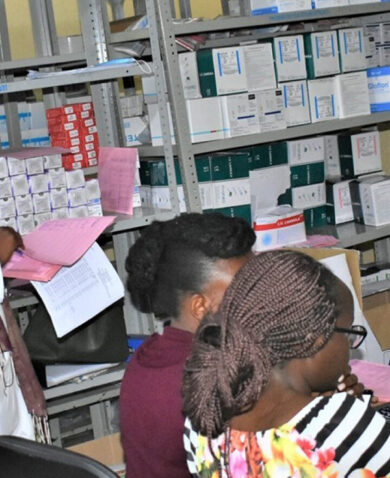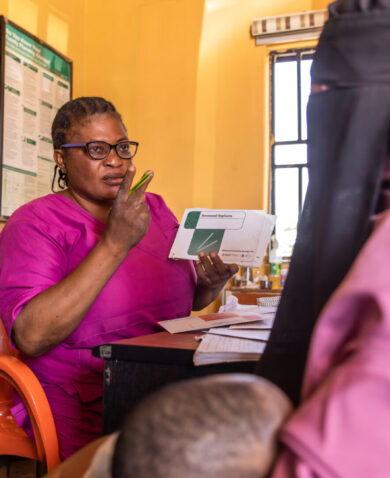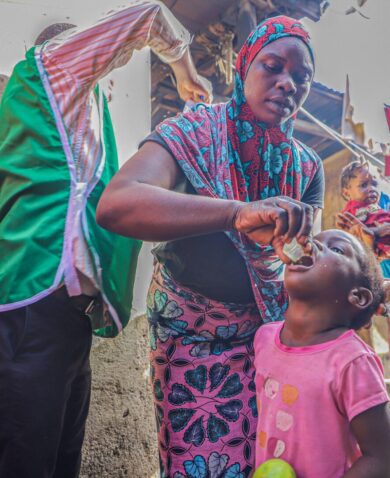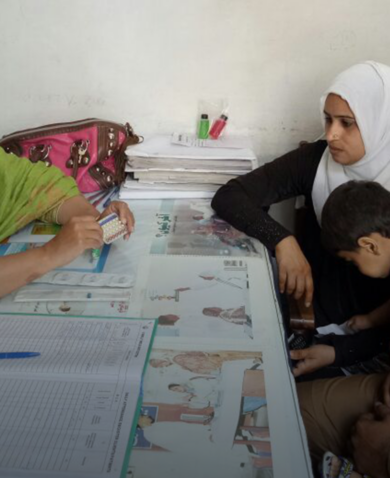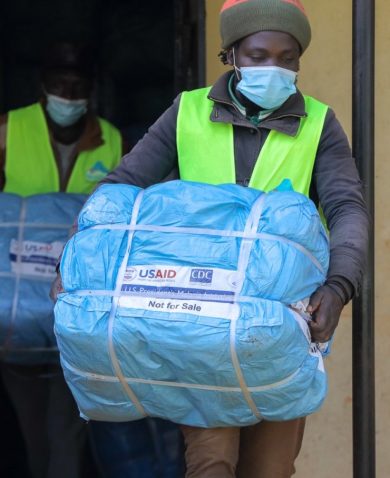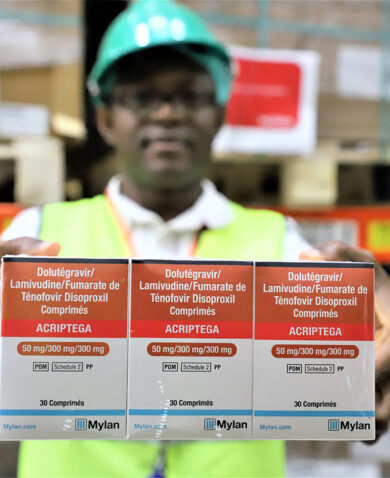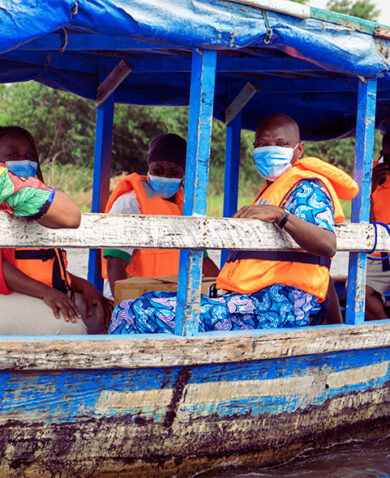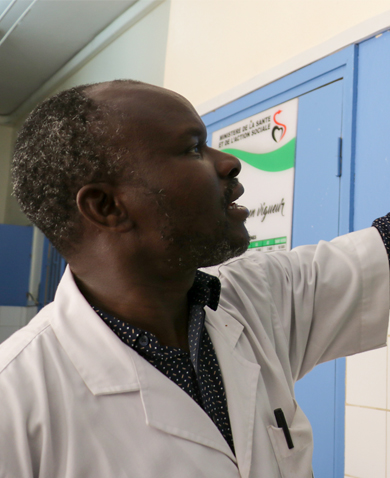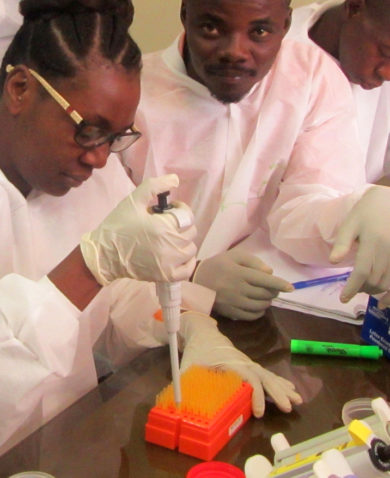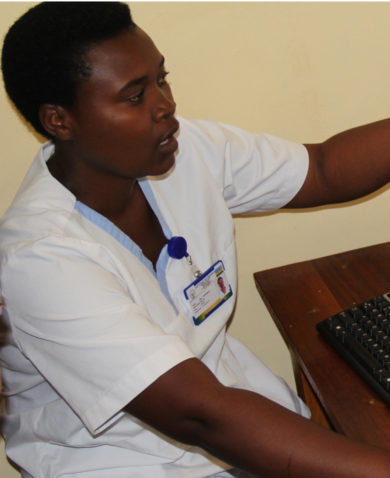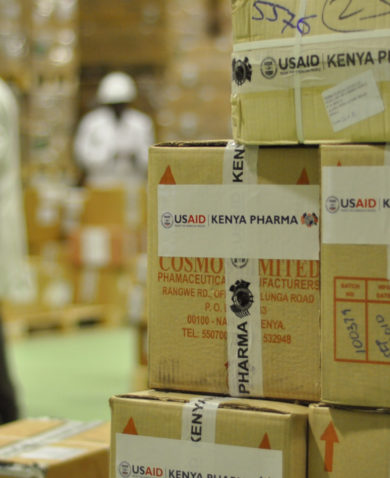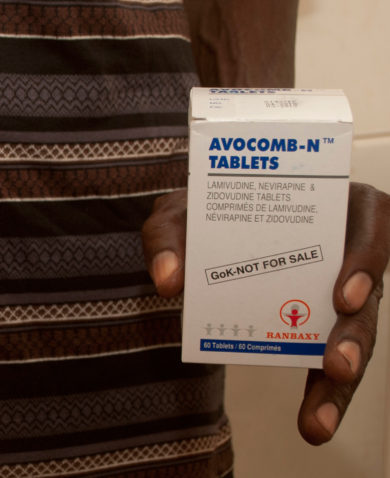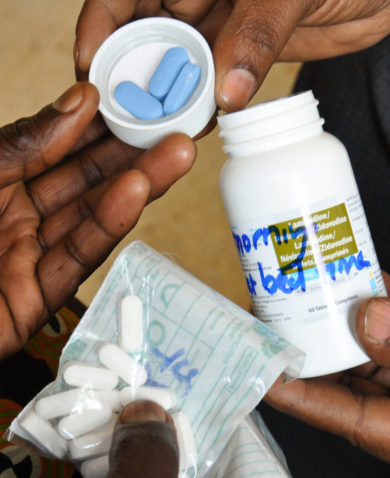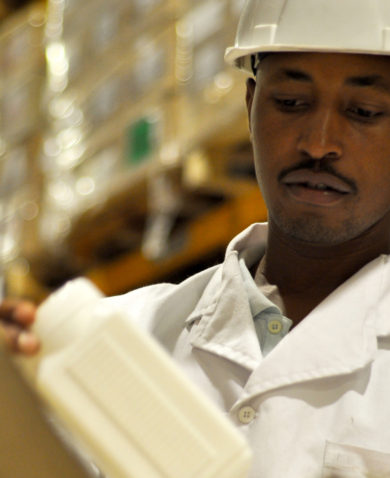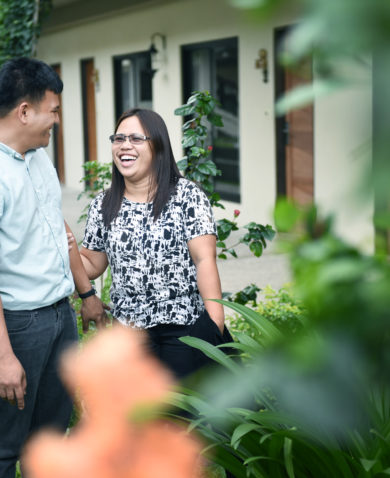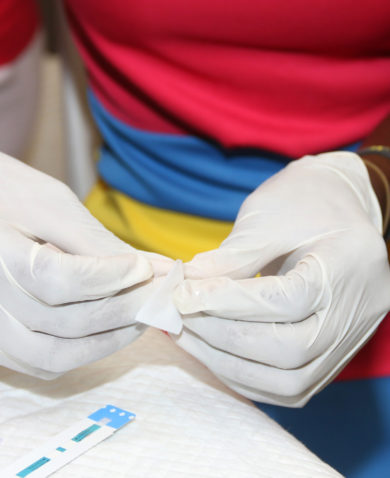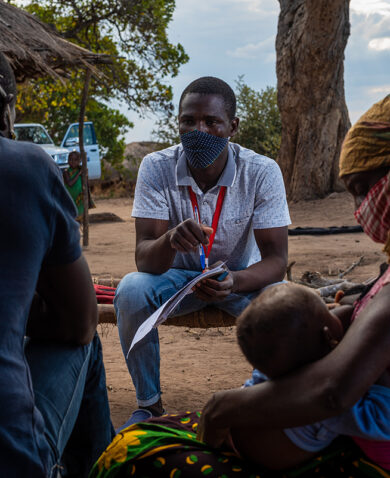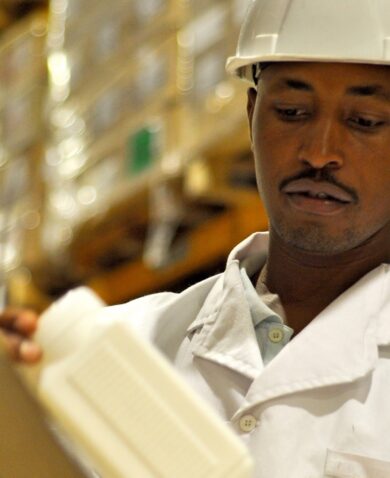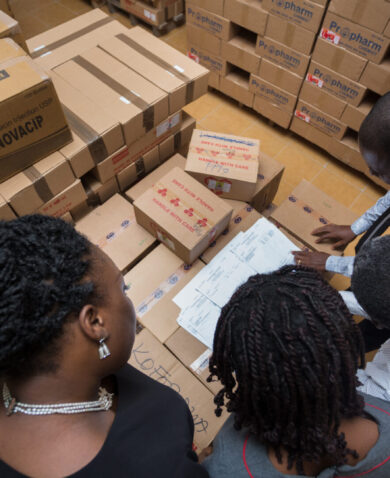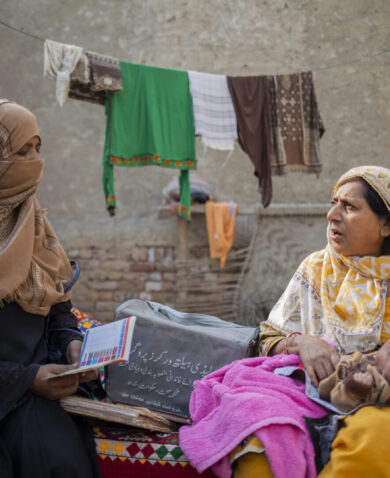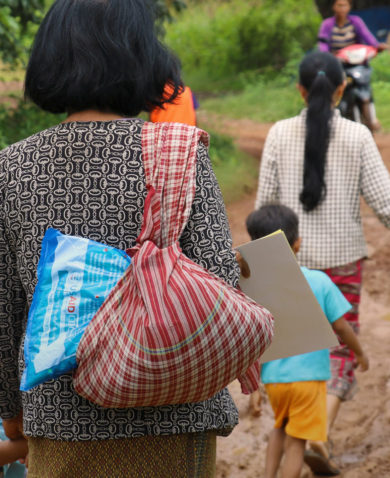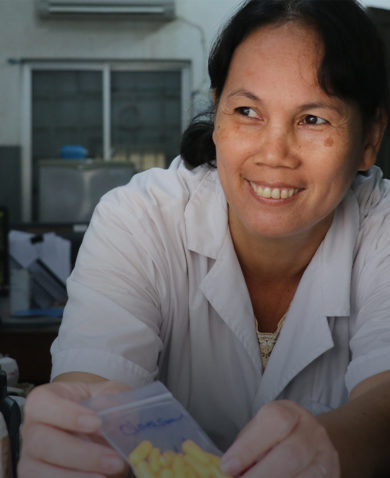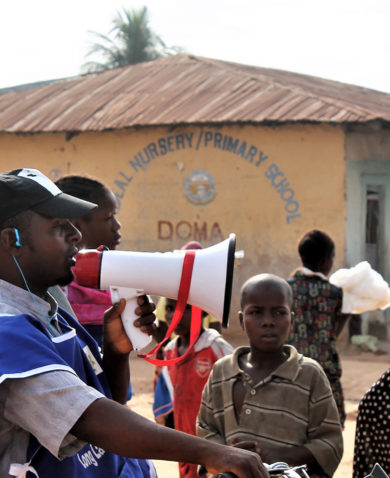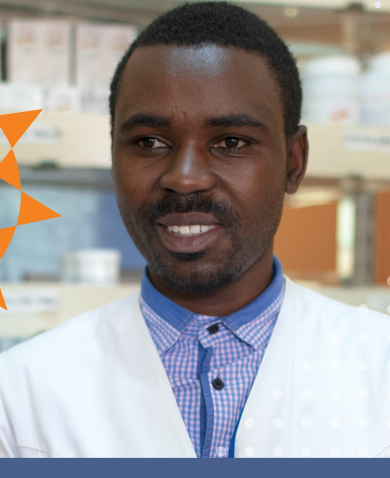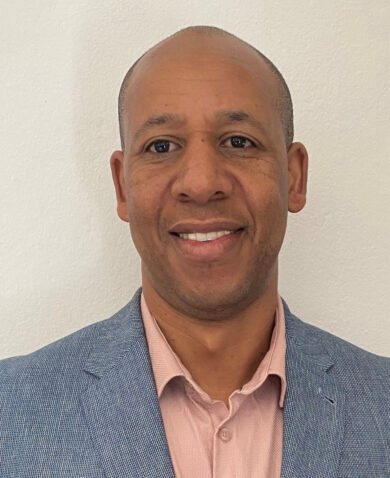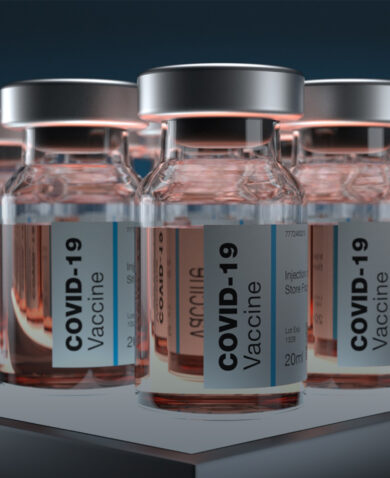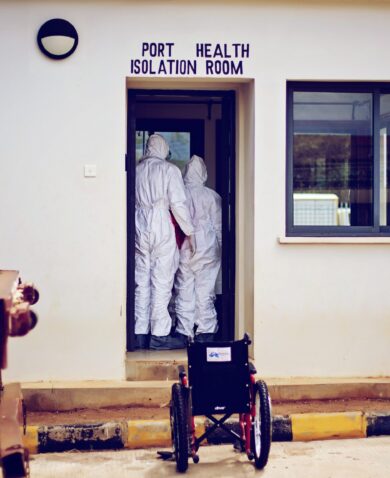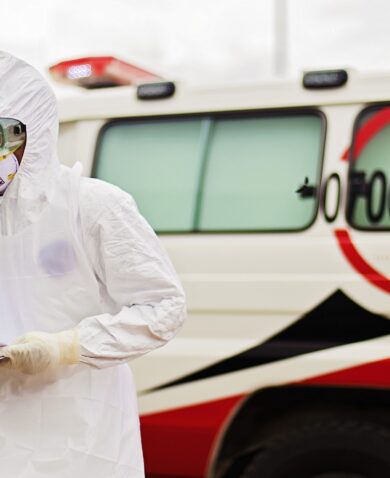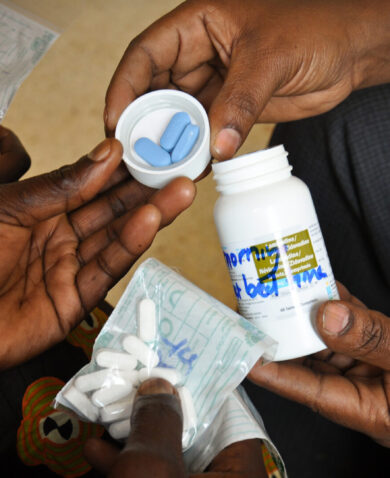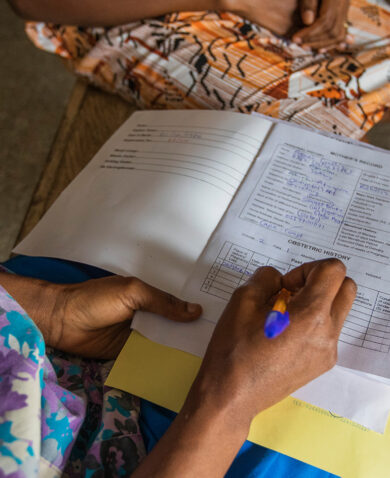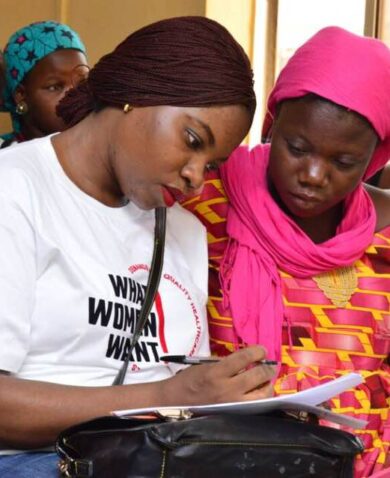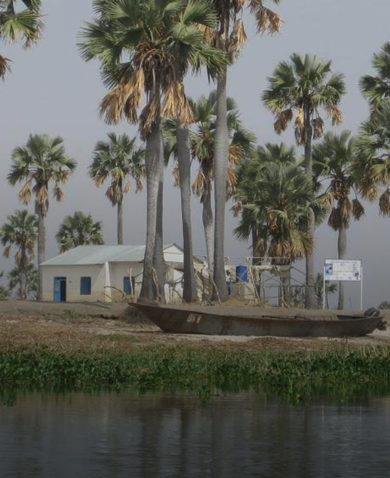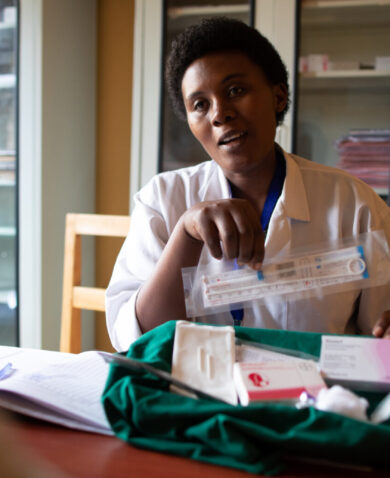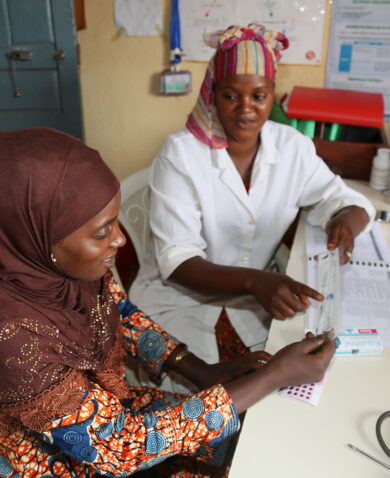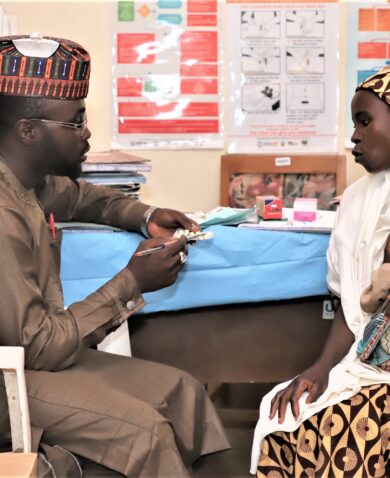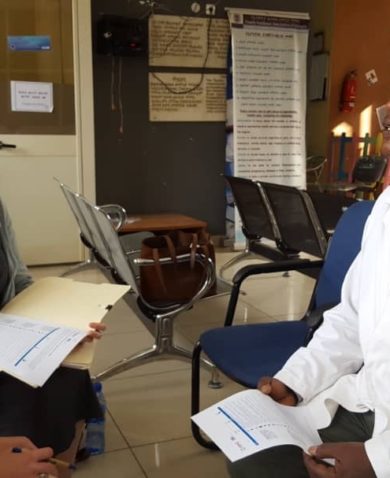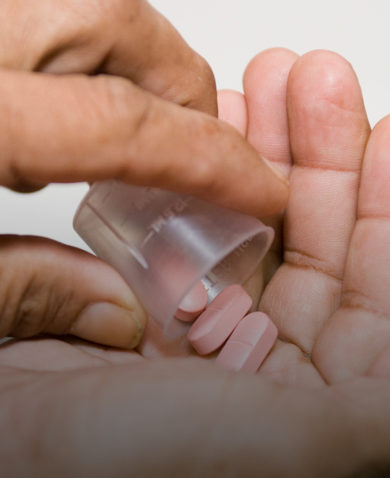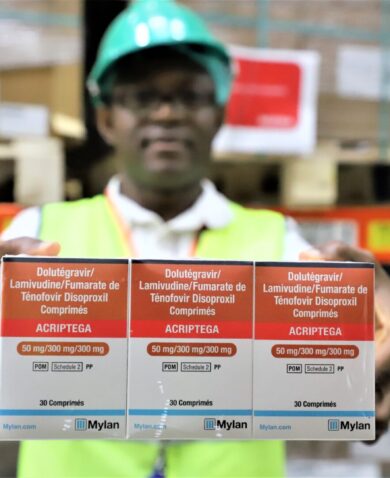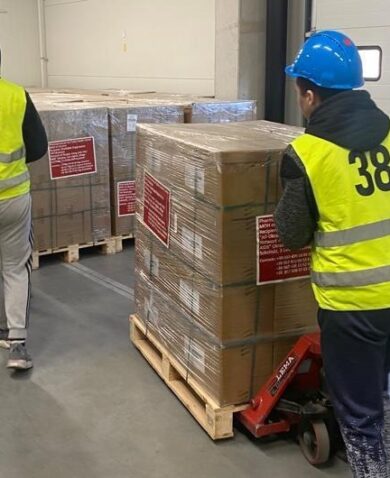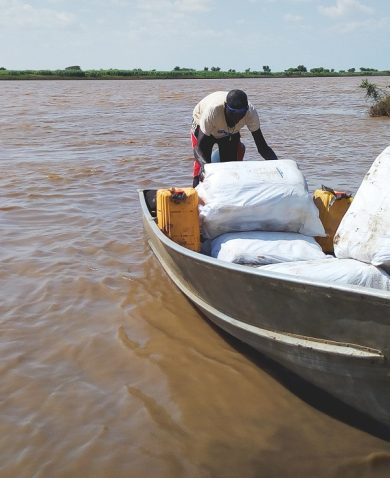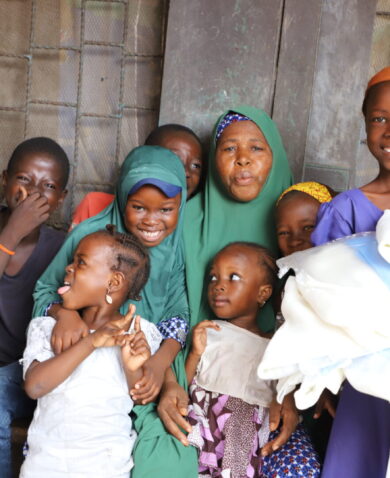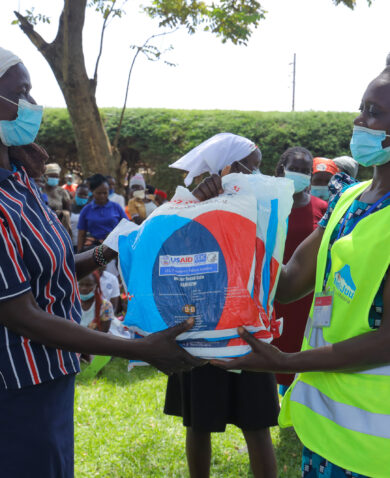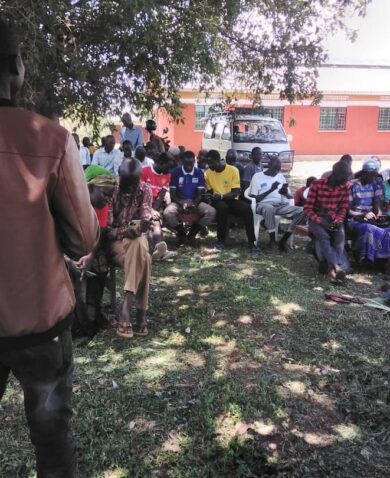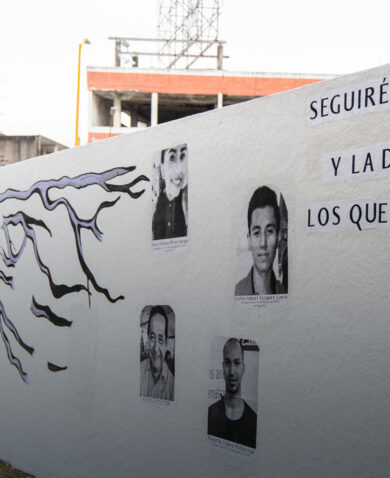A Supply Chain for Universal Testing and Treatment
To support Zambia’s HIV/AIDs goals, the USAID Global Health Supply Chain Program – Procurement and Supply Management (GHSC-PSM) project partners with Zambia’s Medical Stores Limited (MSL), the government institution responsible for warehousing and distributing health commodities to service delivery points. To meet the 90-90-90 goals, MSL supplies ARVs and other commodities to 800,000 of the approximately 1.1 million people living with HIV/AIDS in Zambia. In the last 12 months, GHSC-PSM maintained a continuous supply of the country’s preferred first-line ARV regimen for adults and adolescents — tenofovir/lamivudine/efavirenz (TLE) — to MSL for nearly 400,000 people.
In collaboration with other partners, GHSC-PSM also supports MSL in storing and distributing TLE and other ARVs and health commodities. Previously, MSL could not distribute laboratory controls because the agency did not own refrigerated trucks to carry commodities requiring temperature control. Laboratory staff use these controls to assess the precision of laboratory equipment, ensuring accurate test results for patients. In November 2017, MSL received a fleet of 12 distribution trucks donated by the President’s Emergency Plan for AIDS Relief through USAID and GHSC-PSM. Three of the trucks are refrigerated, which enables MSL to distribute its own cold-chain products for the first time. In February 2018, MSL made its first delivery of laboratory controls with three refrigerated trucks to health facilities across the country. Delivery of controls means that they were taken to required facilities to calibrate the laboratory equipment before they can run any human samples on them. This service was previously outsourced to the private sector, which was costly. Timely delivery of laboratory controls enables laboratories across the country to ensure that their machines are functioning and properly assessing patient samples. This successful cold-chain control delivery was a key step toward integrating this responsibility into MSL’s core functions. With the expansion of its cold-chain capabilities, MSL is responsible for delivering safe medicines, laboratory controls, and reagents to communities like Catherine’s so that patients there can receive the full spectrum of HIV care and treatment.

